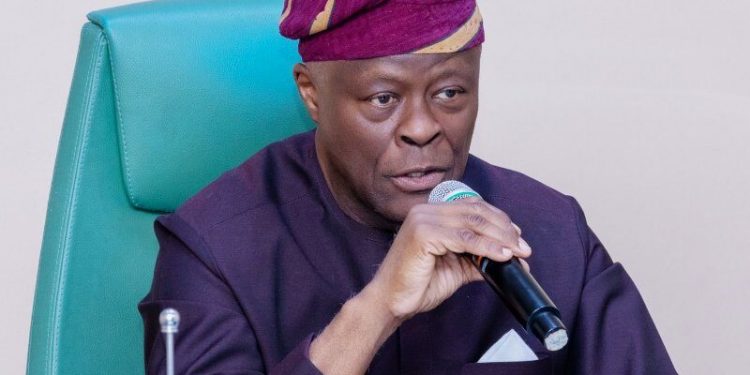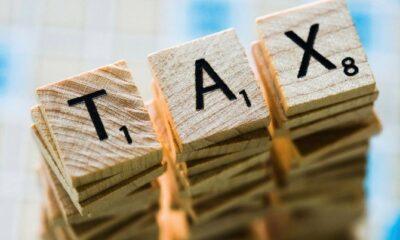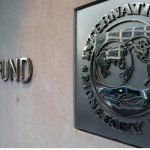The Nigerian government is set to increase Value Added Tax (VAT) to 15%, but the hike will primarily target luxury goods, according to Minister of Finance and Coordinating Minister of the Economy, Mr. Wale Edun. Speaking during the IMF/World Bank Annual Meetings in Washington DC, Edun clarified that essential goods, especially those consumed by vulnerable Nigerians, would remain exempt or attract a zero rate under the proposed changes.
“The VAT increase will focus on the wealthy who purchase luxury items,” said Edun. “At the same time, essential goods that affect the poor and average citizens will be exempt from VAT or taxed at a zero rate.”
The VAT adjustments are part of a bill currently before the National Assembly, aiming to balance revenue generation with protecting Nigeria’s most vulnerable. The list of VAT-exempt essential goods will be made public soon.
Boost in the Oil Sector Expected
Edun expressed optimism for Nigeria’s oil sector, citing improved security in oil-producing regions and fresh investments by major companies like Total and ExxonMobil. He predicted this would lead to increased oil production and boost foreign exchange inflows.
Full Fuel Subsidy Removal in Effect
On fuel subsidy removal, Edun confirmed that while the reform was announced earlier, full implementation only began in September 2024. He noted that the economic benefits of the subsidy removal would start to take shape in the coming months, bringing fiscal relief to the government.
Domestic Dollar Bonds Issued Despite IMF Advice
In a related move, the Tinubu administration issued Domestic Dollar Bonds despite advice from the IMF to avoid the measure. Edun reaffirmed Nigeria’s financial autonomy, stressing that while the country values its relationship with the IMF, it makes independent decisions based on its economic priorities.
These reforms are part of the broader efforts to stabilize Nigeria’s economy, address fiscal challenges, and create more opportunities for growth.










